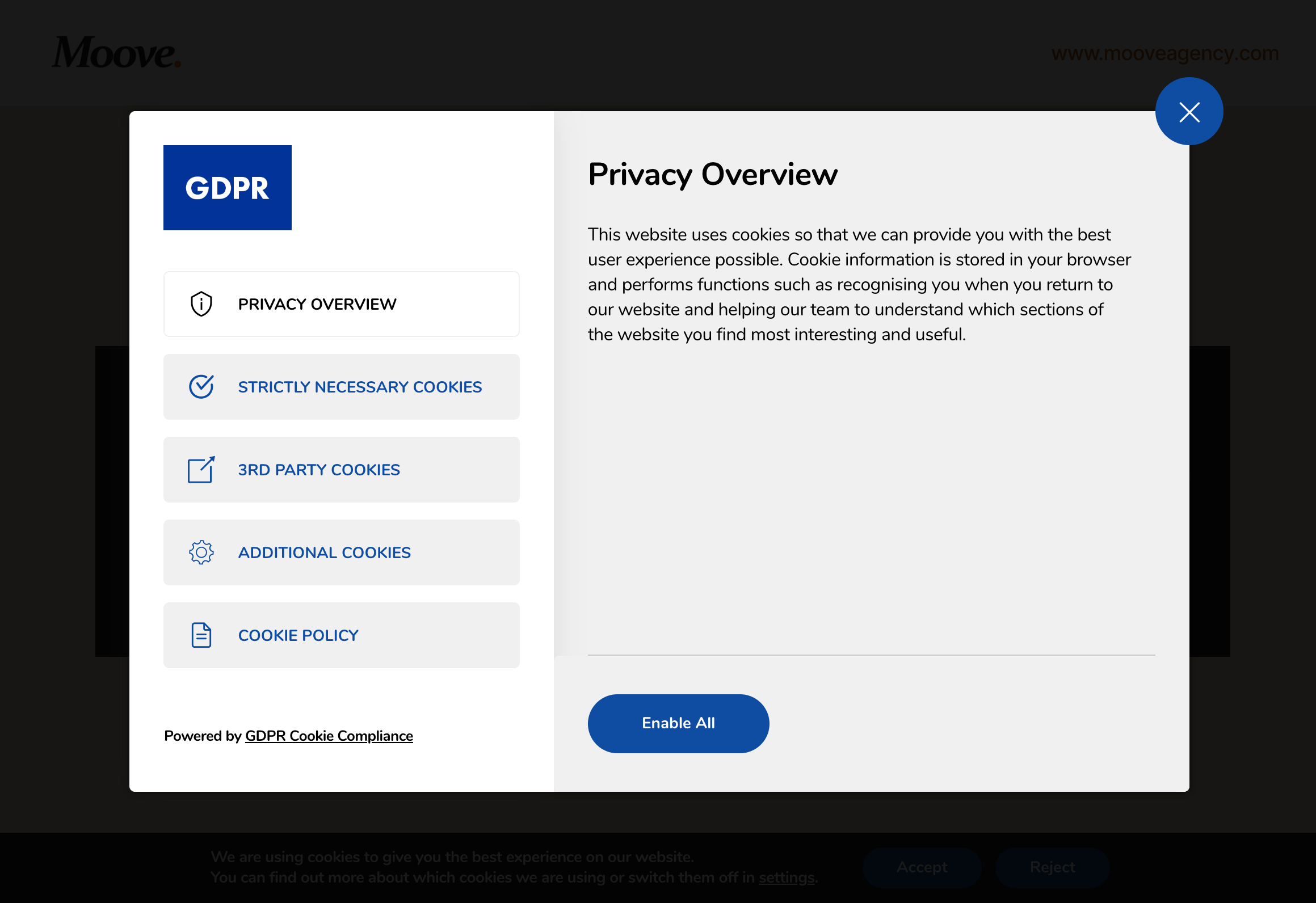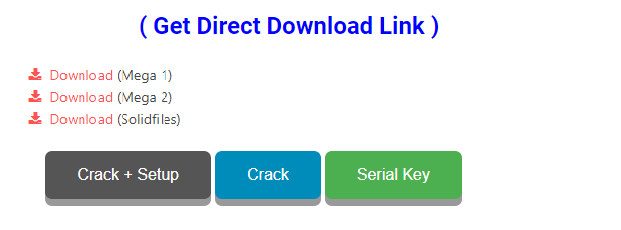Most internet users have heard of the concept of 'cookies' that store information about websites they've visited, but not many people realize the scope of information that these cookies capture or how they can be used to monitor your behavior. In recent years, the usage and complexity of browser cookies has increased significantly while going largely unnoticed by most users. In this post we'll summarize how cookies are used to gather information about you and what you can do to minimize this invasive monitoring. Learn how to manage web cookies to protect your online privacy. Apple desktop camera.
- Cookie 5 7 9 – Protect Your Online Privacy Screens Without
- Cookie 5 7 9 – Protect Your Online Privacy Screens Online
- Cookie 5 7 9 – Protect Your Online Privacy Screens Room Dividers
What is the Purpose of Browser Cookies?
Protect your privacy with privacy fence screens, built with care and made of 170 GSM 100% non-recycled high-density polyethylene (HDPE), reinforced stitched edges with black bindings, and durable anti-rust brass grommets. ( I purchased a 6ft X 3.5 ft privacy screen and used the original 3 screens with fence posts to make a privacy screen. How to protect your privacy with third party cookies In order to enjoy some of the conveniences of the modern day internet you're going to have to put up with some cookies. Many sites use third party cookies as a way to boost their revenue, so it's likely they'll block you from seeing content until you accept third party cookies. Stockfolio 1 58.
Cookies are a tool used by website owners to track your behavior on their site and store information about you for future visits. Information contained in these cookies could include your IP address, browser version information, a user ID assigned by the site owner, the dates you visited the site, and what pages you viewed or actions you took on the site. Hitman blood money mac download. All of this information is combined to create a unique profile assigned to you. While cookies usually don't contain any personal information about you like your name or phone number, these hardware details can still be used to build a 'profile' on you that marketers can study and analyze.
One of the most common examples of cookie monitoring is 'retargeting' advertising, where a business will continue advertising to you long after you've left their website. Ever notice how you'll visit a site, and then something from that website (or closely related to it) will start showing up in your Facebook ads? Facebook partners with a massive number of web service providers to allow them to continue advertising to you on social media after you visit their website. This is just one example – most social media platforms and large websites employ this method of advertising.

How to Manage Web Cookies
This invasive tracking should be concerning to privacy-minded users. The most effective way to prevent cookie usage on your PC is to simply turn them off, but note that this may break some functionality on certain websites. First-party cookies are placed directly by the site you're visiting, and may be required for some parts of the website to work. Third-party cookies are placed by the site's partners, such as advertising agencies and monitoring services, and are usually not necessary for a site to function. An acceptable compromise may be to enable cookie deletion upon closing the browsing session – most modern browsers have this ability. You can take this a step further and use the various private-browsing modes available on your browser. These private sessions don't create cookies for the activities you perform during that session, and any temporary files created during the session are deleted afterwards.
For the most vigilant users, you can open the directory in which the browser cookies are stored, and routinely delete the contents of that folder. Each OS stores them in a different location, so research where the directory is located on your PC and review the files there to determine if you want to keep them.
Implement a VPN System for an Added Layer of Protection
Cookie 5 7 9 – Protect Your Online Privacy Screens Without
While there are steps you can take on your local PC to minimize the impact of web cookies, you can also set up a VPN to mask your computer's details and supply a false IP address to the marketers that use cookies. One of the most concerning data points contained in a web cookie is the IP address of the user it belongs to. An IP address contains sensitive geographic information that can be used to pinpoint your exact location, and can even pull up your personal information if your internet service provider gets involved.
Cookie 5 7 9 – Protect Your Online Privacy Screens Online
When using a VPN, your true IP address is never revealed to the website you're communicating with. Since all traffic is sent through the VPN provider, the website will only see the VPN server's IP, not yours. This means that you can create an effective diversion to prevent your geographic location from being revealed to the website owner. Paired with the practices mentioned in the second section of this post, a VPN will create an airtight seal against the invasive monitoring by cookie owners.
Cookie 5 7 9 – Protect Your Online Privacy Screens Room Dividers
In summary, most users don't realize the extent to which they are being tracked and monitored by web cookies. While addressing cookies is an effective way to limit the information you provide, keep in mind that there are many other methods that websites and advertisers use to track you which are outside the scope of this post. Utilize the recommendations in this post to stop cookies from being planted on your PC, and enjoy peace of mind that your activity will remain private.
